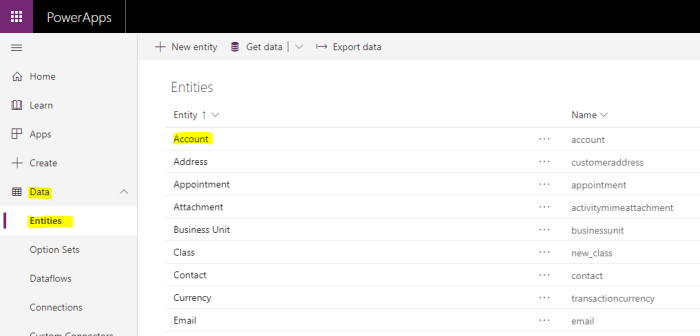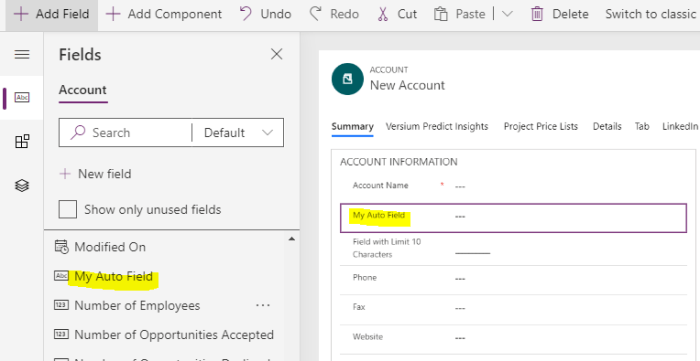Click the field that most likely uses autonumber data type. This question delves into the realm of database design, where understanding data types is paramount. Autonumber data type stands out as a valuable tool, offering unique advantages and considerations. Join us as we explore its characteristics, benefits, and best practices.
In the world of databases, data types serve as the building blocks, defining the nature and format of data. Among the diverse array of data types, autonumber holds a special place. Its purpose is to generate unique, sequential numbers, providing a reliable foundation for various database applications.
Data Types Overview
Data types are essential components of database design as they define the format and characteristics of data stored in a database. Various data types exist, each suited for specific types of data. Common data types include numeric, character, date, and time data types.
Numeric Data Types
Numeric data types represent numerical values. They include integer types (such as TINYINT, SMALLINT, INT, and BIGINT) for whole numbers, and floating-point types (such as FLOAT and DOUBLE) for decimal numbers.
Character Data Types, Click the field that most likely uses autonumber data type
Character data types store character data. They include CHAR and VARCHAR types for fixed-length and variable-length strings, respectively. Additionally, BLOB and CLOB types are used for storing large amounts of binary or character data.
Date and Time Data Types
Date and time data types represent dates and times. Common date and time data types include DATE, TIME, TIMESTAMP, and DATETIME. These data types allow for precise storage and manipulation of temporal data.
AutoNumber Data Type

Definition and Purpose
The autonumber data type is a special data type that automatically generates unique, sequential values for each new record inserted into a table. It ensures that each record has a unique identifier, simplifying data management and maintaining data integrity.
Characteristics and Limitations
The autonumber data type typically has an integer data type and is auto-incremented by 1 for each new record. It has a seed value (the starting value) and an increment value (the amount by which the value is incremented). The autonumber data type is not nullable, meaning it cannot contain null values.
Benefits of Using AutoNumber Data Type
- Ensures unique identifiers for each record
- Simplifies data entry by eliminating the need for manual assignment of IDs
- Maintains data integrity by preventing duplicate or missing IDs
Use Cases for AutoNumber Data Type

The autonumber data type is commonly used for fields that require unique identifiers, such as:
- ID fields in tables
- Order numbers in sales systems
- Invoice numbers in accounting systems
By using the autonumber data type, these fields can be automatically generated, ensuring data integrity and simplifying data management.
Potential Drawbacks
- Performance implications when inserting large amounts of data
- Need for manual intervention in case of data migrations or record deletions
Best Practices for Using AutoNumber Data Type: Click The Field That Most Likely Uses Autonumber Data Type

- Set appropriate data type properties (increment value, seed value)
- Consider performance implications when using autonumber data types for large tables
- Develop strategies for managing autonumber data in data migrations or record deletion scenarios
FAQ Compilation
What is the purpose of the autonumber data type?
The autonumber data type generates unique, sequential numbers, providing a reliable way to identify records in a database.
What are the benefits of using the autonumber data type?
Autonumber data type simplifies data entry, ensures unique identifiers, and enhances data integrity.
What are the limitations of the autonumber data type?
Autonumber data type can impact performance in certain scenarios and may require manual intervention for data migrations or record deletions.